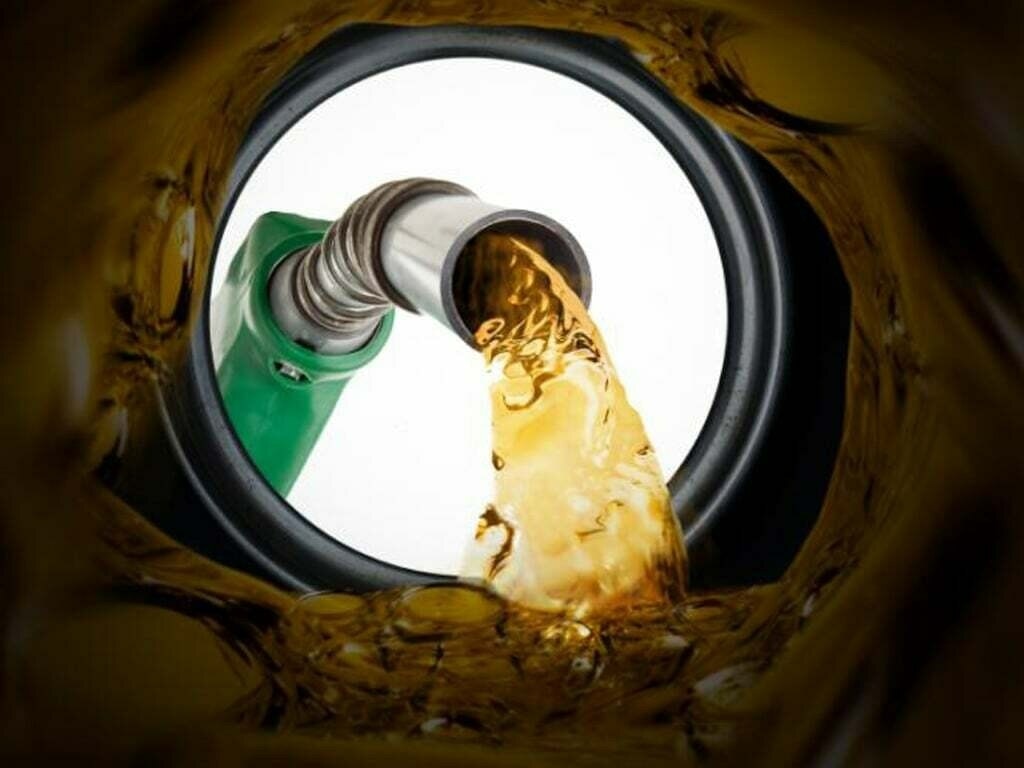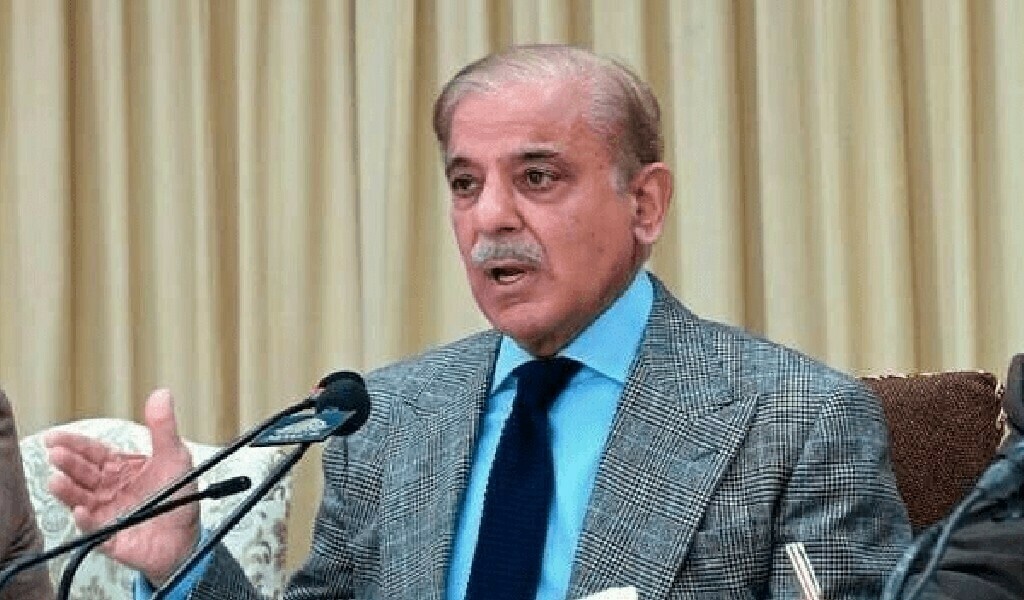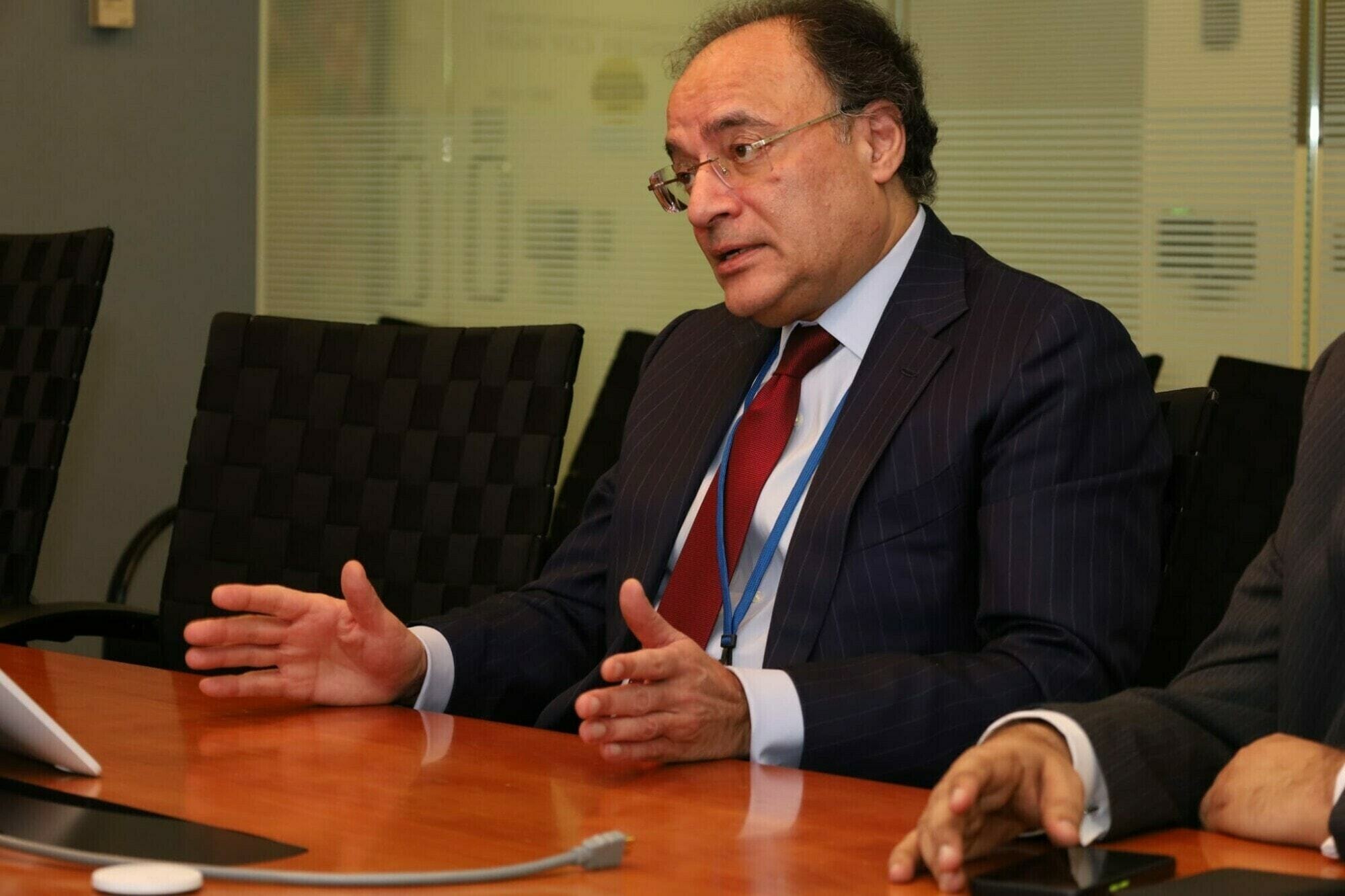PTBP Web Desk
The federal government is currently assessing a strategy to maintain the existing petrol price, while also considering a modest decrease in the price of high-speed diesel (HSD) from October 1, 2024.
The decision comes as part of the government’s broader initiative to manage energy costs, balancing domestic market conditions with international oil prices. This potential adjustment in diesel prices may also be accompanied by slight reductions in the prices of kerosene oil and light diesel oil (LDO), providing some relief to consumers as the year enters its final quarter.
According to the latest reports, the price of petrol, which is currently set at Rs 249.10 per liter, is expected to remain unchanged as of October 2024. This is due to the prevailing petroleum levy (PL) and general sales tax (GST) applied to petroleum products. The government does not foresee significant fluctuations in petrol prices in the immediate future, largely because of stability in the global market and minimal exchange rate adjustments.
The decision to maintain petrol prices is expected to bring some consistency to fuel costs for consumers and businesses, especially those heavily reliant on petrol for transportation and logistics. It also reflects the government’s approach to avoid any additional financial burden on the population during a period of economic recovery and inflation management.
While petrol prices will likely remain stable, there is a possibility of a slight decrease in the price of high-speed diesel (HSD). The government is considering reducing the ex-depot price of HSD by Rs 2.11, lowering it from Rs 249.69 per liter to Rs 247.58 per liter. This reduction, though modest, could have a significant impact on various industries, particularly the transportation and agricultural sectors, where HSD is used extensively.
The premium on HSD currently stands at $5 per barrel, and while the exchange rate has seen minimal fluctuations, the government believes there is room for a price adjustment that would benefit end users without negatively affecting revenue from fuel taxes. A decrease in HSD prices would be a welcome relief for heavy industries and transport operators who rely on diesel for their day-to-day operations.
The government is also evaluating the possibility of reducing the prices of kerosene oil and light diesel oil (LDO). According to preliminary estimates, the price of kerosene oil could drop by Rs 3.23 per liter, bringing the price down from Rs 158.47 per liter to Rs 155.24 per liter. This price reduction would be particularly beneficial to rural communities where kerosene is widely used for cooking and heating.
Similarly, the price of LDO may decrease slightly, from Rs 141.93 per liter to Rs 141.04 per liter, a reduction of Rs 0.89. Although the decrease in LDO prices is minimal, it would still offer some financial relief to consumers and small-scale industries that depend on this fuel.
The government’s decision to maintain or adjust fuel prices is closely linked to trends in the global oil market. At present, the premium for petrol remains at $8.768 per barrel, which is a stable rate. Any potential changes in fuel prices in Pakistan will depend largely on fluctuations in global oil prices, as well as the country’s exchange rate. Given the relatively stable global oil market and only minor changes in the exchange rate, the government feels confident in its decision to either maintain or slightly reduce fuel prices.
However, it is important to note that the final decision on fuel prices will be made closer to October 1, and the estimates provided are subject to further review depending on how the global oil market evolves in the coming days.
Fuel prices have always been a critical factor in Pakistan’s economy, influencing inflation rates and affecting both businesses and consumers. The government’s decision to keep petrol prices steady while offering slight reductions in diesel, kerosene, and LDO prices reflects a cautious approach aimed at maintaining economic stability without undermining revenue from petroleum taxes.
As global oil prices remain volatile, the government is also taking steps to shield consumers from large price hikes. By carefully managing taxes such as the petroleum levy (PL) and general sales tax (GST), the federal authorities aim to provide a stable fuel price environment that supports economic growth and consumer confidence.
The potential reduction in diesel, kerosene, and LDO prices could provide some economic relief across different sectors. A decrease in HSD prices is expected to lower transportation costs, which could in turn reduce the cost of goods and services across the country. Additionally, reduced prices for kerosene oil would benefit rural households, helping to mitigate the effects of rising inflation on essential goods.
While the government’s decision to maintain petrol prices at Rs 249.10 per liter might not immediately impact consumers’ wallets, the focus on keeping prices stable offers predictability in a market that has seen sharp fluctuations in the past. Stability in petrol prices also helps businesses plan their operational costs more effectively.




